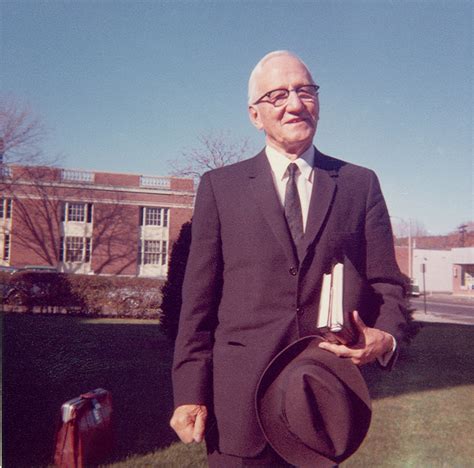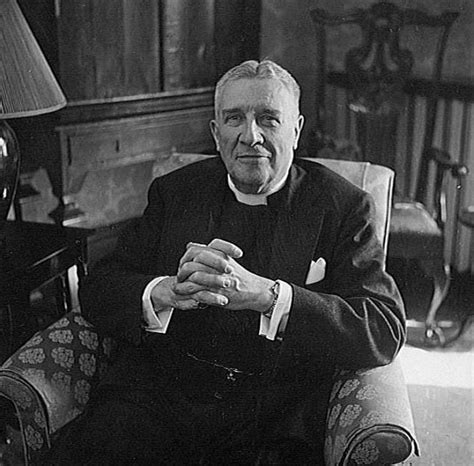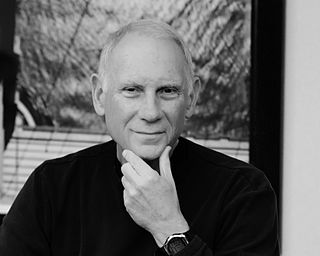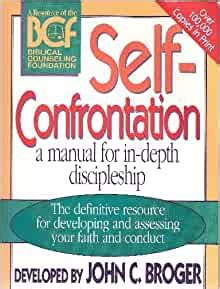A Quote by Henry Blackaby
The essence of sin is a shift from God centeredness to a self-centeredness. The essence of salvation is a denial of self, not an affirming of self.
Quote Topics
Related Quotes
The whole story of the Father's Christ-exalting plan of redeeming love, from eternity to eternity, must be told, or the radical reorientation of life for which the gospel calls will not be understood, and the required total shift from man-centeredness to God-centeredness, and more specifically from self-centeredness to Christ-centeredness, will not take place.
Don't wait for some miracle to be performed on you from without, lifting you above your fears and doubts and self-centeredness. You help God from within by turning in outgoing love to others, and miraculously your fears and doubts and self-centeredness will vanish. The miracle starts within, not from without.
Let us face at the outset how many Christians are not victorious, but defeated. Defeated by circumstances, defeated by other peoples? natures and wrong-doings, defeated by the down-drag of the flesh, defeated by loss, by pain, by suffering, by worry. Instead of saying with confidence, ?This is the victory that overcometh the world, even our faith?, they have to say in honesty, ?This is the defeat that has been caused by the world, even our self-centeredness.? That is the opposite of faith. Unbelief is not the opposite of faith; self-centeredness is ? being centered in self rather than in God.
To be politically activated is to dare to care about the happiness of others and that is just about the most important activity anyone can be involved in at this time, because it changes a person - it lifts them from normal self-centeredness to a state of other centeredness. That is a good thing because it expands our perception of self. This expansion of consciousness leads to enlightenment, which is the meaning of yoga.
The very act of faith by which we receive Christ is an act of the utter renunciation of self, and all its works, as a ground of salvation. It is really a denial of self, and a grounding of its arms in the last citadel into which it can be driven, and is, in its principle, inclusive of every subsequent act of self-denial by which sin is forsaken or overcome.
God's revelation... unmasks our illusions about ourselves. It exposes our pride, our individualism, our self-centeredness - in short, our sin. But worship also offers forgiveness, healing, transformation, motivation, and courage to work in the world for God's justice and peace - in short, salvation in its largest sense.
Introspection is self-improvement and therefore introspection is self-centeredness. Awareness is not self-improvement. On the contrary, it is the ending of the self, of the “I,” with all its peculiar idiosyncrasies, memories, demands, and pursuits. In introspection there is identification and condemnation. In awareness there is no condemnation or identification; therefore, there is no self-improvement. There is a vast difference between the two.
It matters, it matters very much, what each of us chooses to do. The journey toward self-discovery and self-knowledge is not only life's highest adventure, but also the only way to transform society from one based on self-centeredness and compulsory compassion to one based on service and mutual responsibility.
These various forms appear different in shape and size, yet they are of a single essence. . . . The Sixth Patriarch called it "essence of Mind". . . Here the Third Patriarch calls it "timeless Self-essence." Bankei called it "unborn Buddha-mind." They all refer to the same thing: Buddha-nature, true self. This essence is not born and can never die. It exists eternally. Some call it energy; others call it spirit. But what is it? No one knows. Any concept we have of what it is can only be an analogy. . . .


































